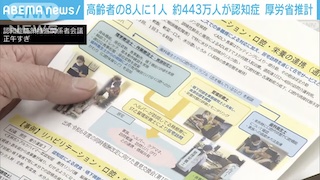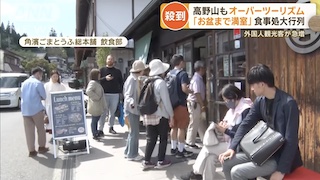Jun 18 (Nikkei) - When Shinzo Abe campaigned for the premiership in 2012, empowering women was a cornerstone of his plan to revitalize Japan. Seven years on, no failure better encapsulates how little success Abe has had remaking Asia's second-biggest economy.
The coronavirus outbreak has put one metric into stark relief: women are losing jobs -- more than a million part-time workers in the past two months -- at a markedly faster clip than men. Though female employment is at a record high, too many women have been relegated to "non-regular" work -- jobs that pay less, offer fewer benefits and are all too easy to eliminate during, say, a pandemic.
Another point of embarrassment -- a chronic dearth of diversity in corporate boardrooms -- is on display this month as foreign investors at annual general meetings plan to call out Japan's patriarchy on its glacial embrace of equality.
For example, U.K.-based Legal & General Investment Management, with $1.4 trillion under management, will vote against proposals by companies in the Topix 100 stock index companies which lack a female board member. Glass Lewis, an American company that advises shareholders on what to demand from corporate boards, recommends rejecting candidates for chairmen on all-male boards.
Boston-based State Street Global Advisors is taking a gender-focused stand. So, significantly, is Goldman Sachs Asset Management -- no investment bank did more to highlight the economic costs of underutilizing half of Japan's talent pool.
Abe borrowed the phrase "womenomics" from Goldman, which since 1999 has regularly published reports on Tokyo's failure to level the playing field. In general, Goldman's research, led by strategist Kathy Matsui, held that if female labor participation matched that of men -- around 80% -- Japan's gross domestic product would increase by as much as 15%.
Enter Abe in 2012, promising to create a Japan "in which women can shine." Yet his policy approach has been more surface shine than substantive reform.
True, the female labor participation rate is now 71%, topping the U.S. and EU. But the trend more reflects the shrinkage of Japan's working-age population and hollow pledges to welcome more overseas talent. The dark side is a tendency to use women the way other developed nations do migrant labor.
Women account for as many as two-thirds of non-regular jobs, and thanks to the coronavirus those gigs are vanishing at an alarming rate. Of 970,000 such positions lost in April alone, about 710,000 were held by women.








